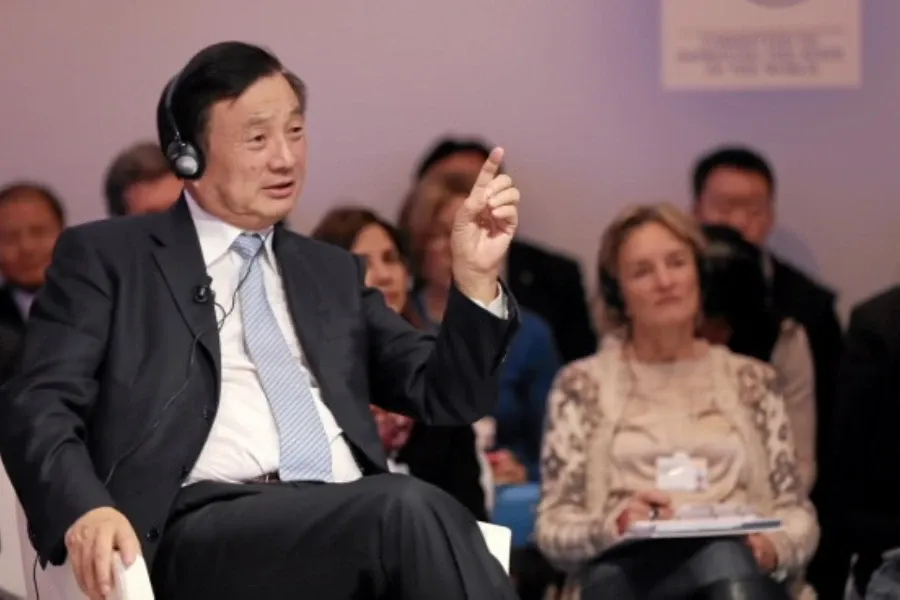Meta Plans to Double the Production of Ray-Ban AI Glasses
Meta Platforms and EssilorLuxottica discussed doubling the production of AI Ray-Ban smart glasses by the end of the year.

In a briefeing with chinese media, held this week, Huawei founder Ren Zhengfei said the company has excellent relations with US partners. He also pointed out that Huawei produces half of its chips.
"Even if there is an insufficient supply from our partners, we will face no problems. This is because we can manufacture all the high-end chips we need ourselves. In the peaceful period, we adopted a 1+1 policy - half of our chips come from US companies and half from Huawei. Despite the much lower costs of our own chips, I would still buy higher-priced chips from the US. We cannot be isolated from the world. Instead, we should become part of it," Zhengfei said.
Answering about the temporary ban lift he emphasized that 90 days doesn't mean much, but also said that the company is prepared. "To us, the most important thing is to do our job well. What the US will do is out of our control. We have ways to go through this transition period. Once approval is granted, we will maintain our normal trade with these US companies and work together to build an information society for humanity.
He also thanked US partners and suppliers they have been working with for the past 30 years. "The US is a country ruled by law. US companies must abide by the laws, and so must the real economy. So you guys from the media should not always blame US companies. Instead, you should speak for them. The blame should rest with some US politicians. The media should understand that these US companies and Huawei share the same fate. We are both players in the market economy," Zhengfei said.
Huawei founder pointed out that he's not sure why the company is targeted in this economic war. "I'm not a mind reader, so I don't know exactly what those US politicians are thinking. I think we should not be the target of US-led campaigns just because we are ahead of the US. 5G is not an atomic bomb; it's something that benefits society.
He also spoke of 5G technology and claimed that Huawei solutions are cheaper, yet more efficient than those coming from the competiting firms. "The power consumption per bit of our 5G base station is ten times lower than 4G, and the size is 70% smaller. Our solution is very small indeed, about the same size as a briefcase. It's also light, about 20 kilograms. You don't have to build a cell phone tower for 5G base stations. They can work for decades because they are made of anti-corrosion materials.
Speaking of 5G, Zhengfei mentioned Europe as the continent that should be their main market. "Our 5G base station is especially suitable for European markets, where there are many areas with historical buildings and it's impossible to build giant cell phone towers like those in China. With our 5G base stations, our customers in Europe can reduce their engineering costs by 10,000 euros per site.
He also said that Huawei customers shouldn't worry, becase the company can produce enough equipment. "We will certainly be able to continue serving our customers. Our mass production capacity is huge, and adding Huawei to the Entity List won't have a huge impact on us. Our growth will slow down, though not by as much as everyone imagines. In the first quarter of this year, our revenue grew 39% over the same period last year. This rate decreased to 25% in April, and may continue decreasing towards the end of this year. But the US ban will not lead to negative growth or harm the development of our industry.